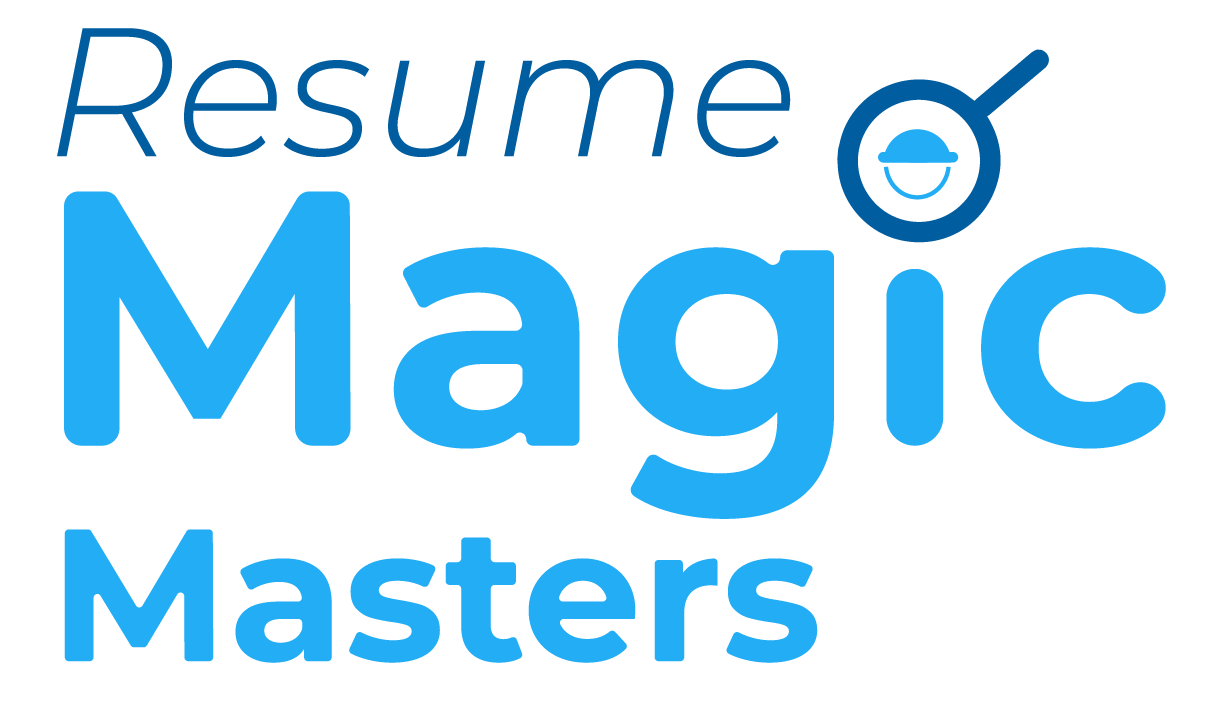Highlighting your achievements on your resume is crucial for differentiating yourself from other candidates. Rather than merely listing job responsibilities, showcasing your accomplishments can demonstrate your value to potential employers. This guide will provide strategies for effectively presenting your achievements, including tips, examples, and a structured approach.
Why Showcasing Achievements Matters
1. Differentiation
Achievements help you stand out in a competitive job market. They provide tangible evidence of your skills and contributions.
2. Demonstrating Impact
Quantifying your achievements illustrates the impact you’ve made in previous roles, giving hiring managers a clear understanding of your capabilities.
3. Engaging Hiring Managers
A resume filled with achievements is more engaging and compelling, making it easier for hiring managers to see your potential.
SEO Keywords: resume achievements, showcasing accomplishments, impact on resume
How to Identify Your Achievements
1. Reflect on Your Roles
Consider your past positions and identify key moments where you contributed significantly. Think about promotions, awards, or successful projects.
2. Use the STAR Method
Break down your achievements using the STAR method:
- Situation: Describe the context or challenge.
- Task: Explain your responsibility or role.
- Action: Detail the actions you took to address the challenge.
- Result: Quantify the results of your actions.
3. Gather Feedback
Seek feedback from colleagues or supervisors to identify areas where you made a positive impact that you may have overlooked.
SEO Keywords: identifying achievements, STAR method, reflection on roles
How to Structure Your Achievements on a Resume
1. Use Action Verbs
Start each bullet point with a strong action verb to convey a sense of initiative and achievement. Examples include “achieved,” “developed,” “increased,” and “led.”
2. Quantify Your Achievements
Whenever possible, use numbers, percentages, or specific outcomes to quantify your achievements. This adds credibility and context.
3. Tailor to the Job Description
Align your achievements with the skills and experiences outlined in the job description to demonstrate your fit for the role.
4. Use Bullet Points
List your achievements in bullet points for clarity and easy readability. Keep each point concise, focusing on the most relevant details.
SEO Keywords: structuring achievements, action verbs, quantifying results
Examples of Showcasing Achievements
Example 1: Sales Professional
- Before: Responsible for managing client accounts and generating sales.
- After: Increased client portfolio by 40% within one year, leading to a revenue growth of $200,000 through strategic upselling and relationship management.
Example 2: Project Manager
- Before: Managed project timelines and budgets.
- After: Successfully delivered a $1M project two months ahead of schedule and 10% under budget, enhancing client satisfaction and securing repeat business.
Example 3: Marketing Coordinator
- Before: Assisted with marketing campaigns.
- After: Developed and implemented a digital marketing campaign that increased website traffic by 60% and boosted social media engagement by 75% in six months.
SEO Keywords: achievement examples, before and after resume, effective achievements
Common Mistakes to Avoid
1. Being Vague
Avoid vague statements that lack context or impact. Instead, focus on specific achievements and results.
2. Overemphasizing Duties
While it’s important to describe your responsibilities, prioritize showcasing your achievements. The goal is to demonstrate what you accomplished, not just what you were tasked with.
3. Ignoring Soft Skills
Don’t overlook the importance of soft skills. Showcase achievements that reflect qualities like leadership, teamwork, and communication.
SEO Keywords: common mistakes, vague statements, responsibilities vs. achievements
Conclusion
Showcasing your achievements effectively on your resume can significantly enhance your appeal to hiring managers. By using strong action verbs, quantifying your contributions, and tailoring your achievements to the job description, you can create a compelling narrative that highlights your value. Remember, your resume is your marketing tool—make sure it reflects your accomplishments and sets you apart from the competition!
